
Image: Courtesy of Robert Ghrist


Image: Courtesy of Robert Ghrist
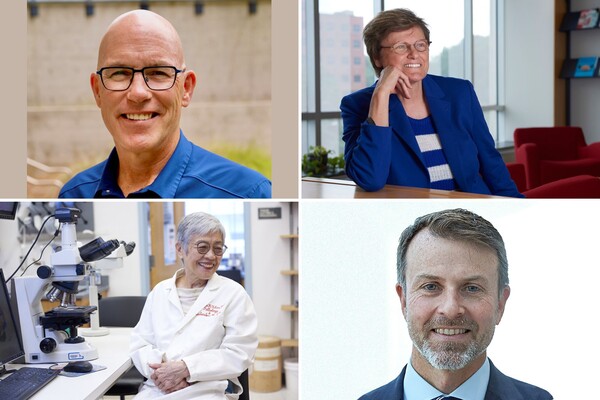
Four faculty have been elected to the National Academy of Sciences in recognition of their innovative contributions to original scientific research. The newly honored scholars are Mark Devlin (top left) from the School of Arts & Sciences and Katalin Karikó (top right), Virginia M.Y. Lee (bottom left), and E. John Wherry III (bottom right) from the Perelman School of Medicine.
nocred
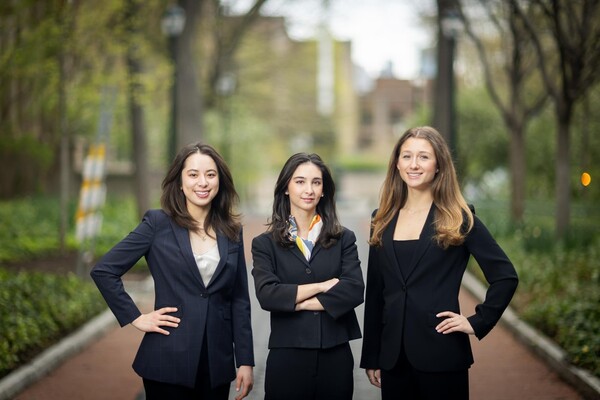
Melanie Herbert (center), a fourth-year in the School of Engineering and Applied Science, created Sync Labs—an innovative AI solution that addresses caregiving in senior care. Joined by Nami Lindquist (left) of the Wharton School and Penn Engineering and Alex Popescu of Penn Engineering (right) their technology, which has earned them the 2025 President’s Innovation Prize, allows caregivers to see three times more seniors while providing more personalized care.
nocred
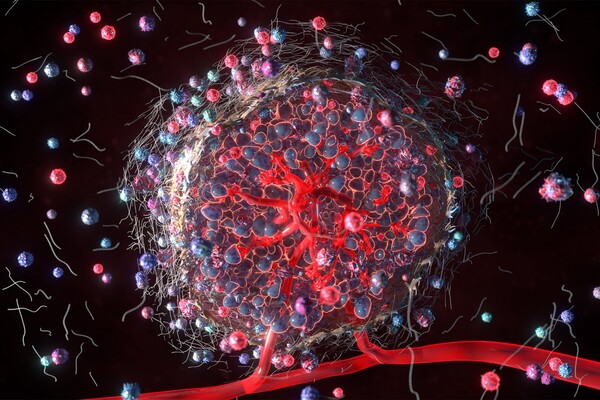
Wei Guo of the School of Arts & Sciences and colleagues from the Perelman School of Medicine, School of Veterinary Medicine, and School of Engineering and Applied Science have teamed up to uncover how solid tumors’ complicated microenvironments can manipulate cancer-fighting CAR T cells through extracellular vesicles, causing the engineered CAR T cells to commit fratricide—essentially turning against each other instead of attacking the cancer.
(Image: iStock / Marcin Klapczynski)
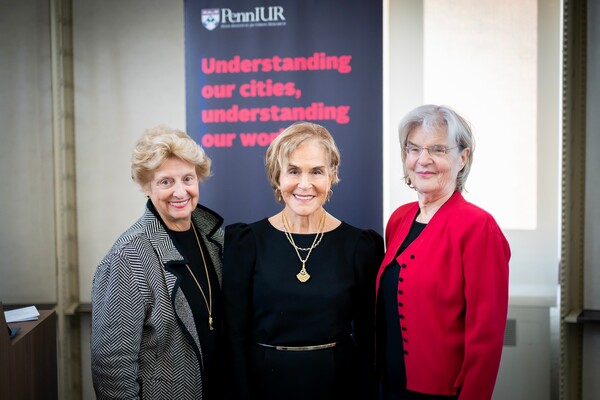
Housed in Meyerson Hall, the Penn Institute for Urban Research (IUR) is a campus-wide enterprise that draws from the collective wisdom of experts around the Penn and beyond to inform urban development and actions on public policy to support the sustainable growth of metros. Now entering its third decade, President Emerita Judith Rodin and Penn IUR co-directors Eugénie Birch and Susan Wachter reflect on the Institute’s history and impact.
nocred
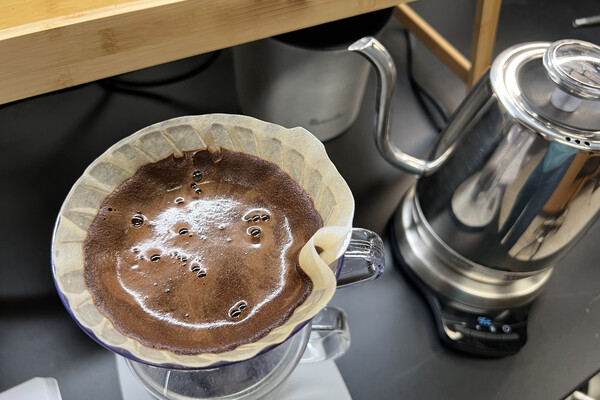
(On homepage)
(Image: Courtesy of Ernest Park)
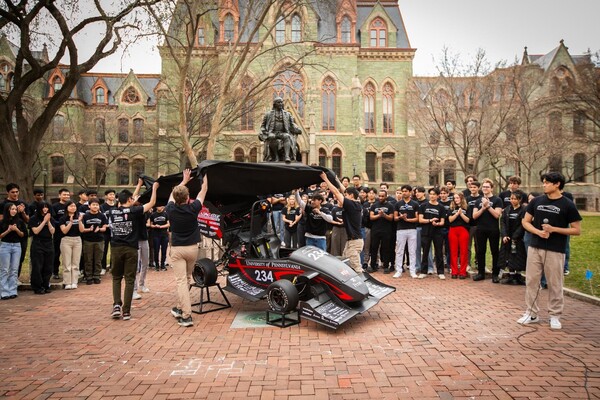
nocred
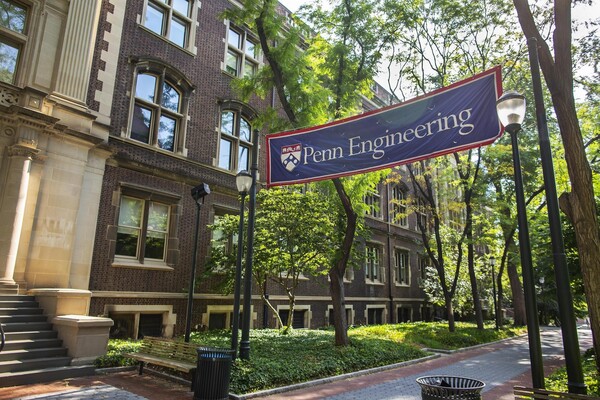
Penn Engineering will host the second annual AI Month from April 1 to May 1.
nocred
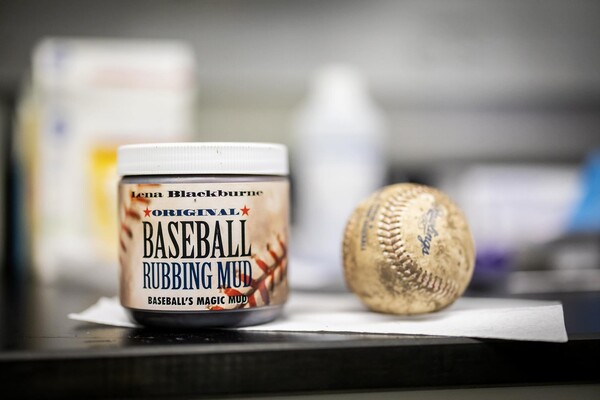
Lena Blackburne’s legendary baseball rubbing mud has been a game-day staple for nearly a century, helping Major League pitchers achieve a better grip. Now, researchers at the University of Pennsylvania have scientifically confirmed its friction-enhancing properties, revealing its significance not just in baseball, but also in the broader field of materials science.
nocred
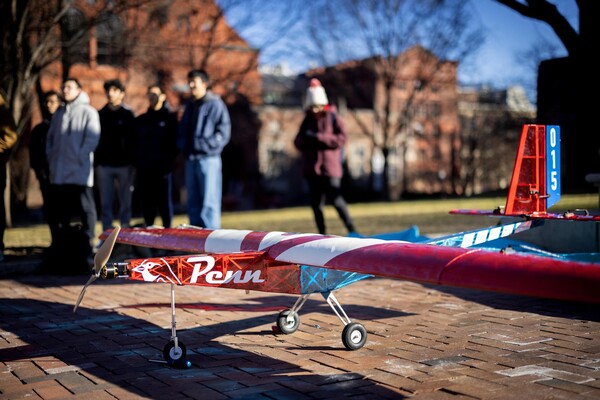
nocred